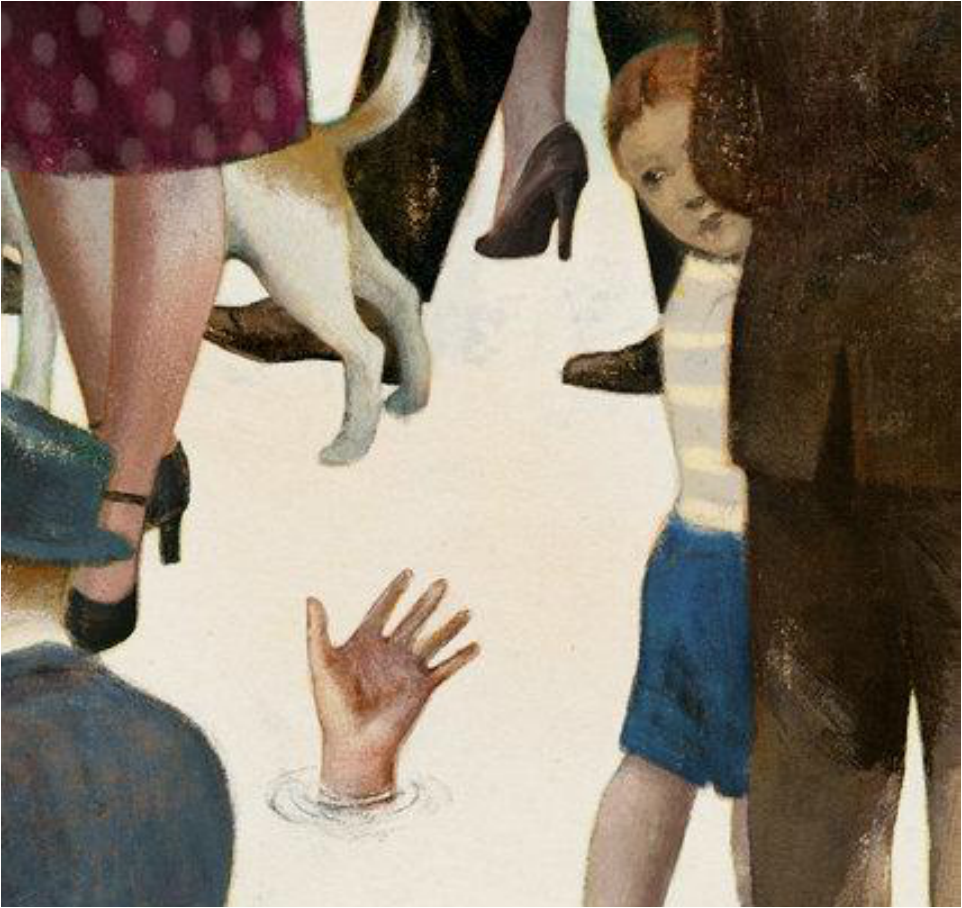P S Y C H O L O G Y | E M P A T H Y
1 9 J U L Y 2 0 1 5
Empathy Is Actually a Choice
By Michael Inzlicht, Daryl Cameron,, William A. Cunningham,
www.nytimes.com
By Michael Inzlicht, Daryl Cameron,, William A. Cunningham,
www.nytimes.com
|
|
|

